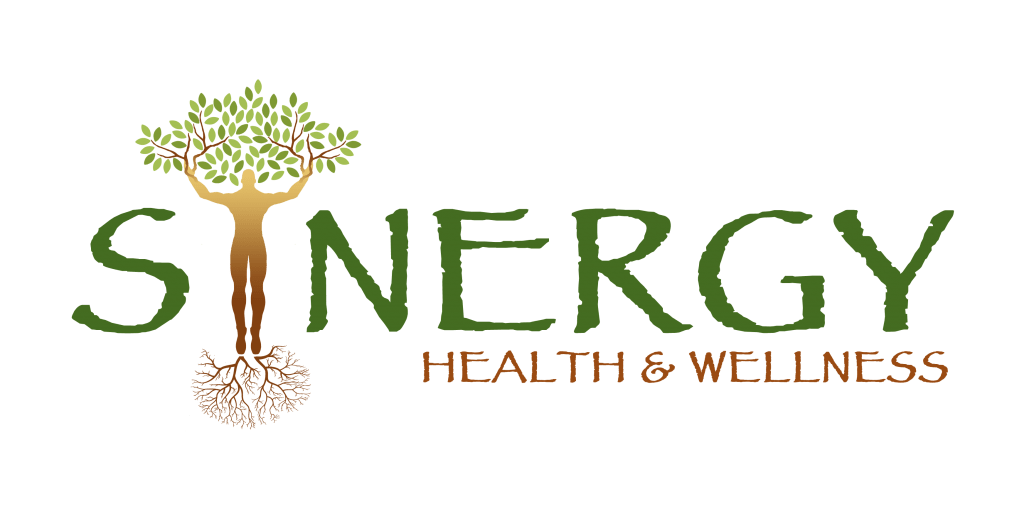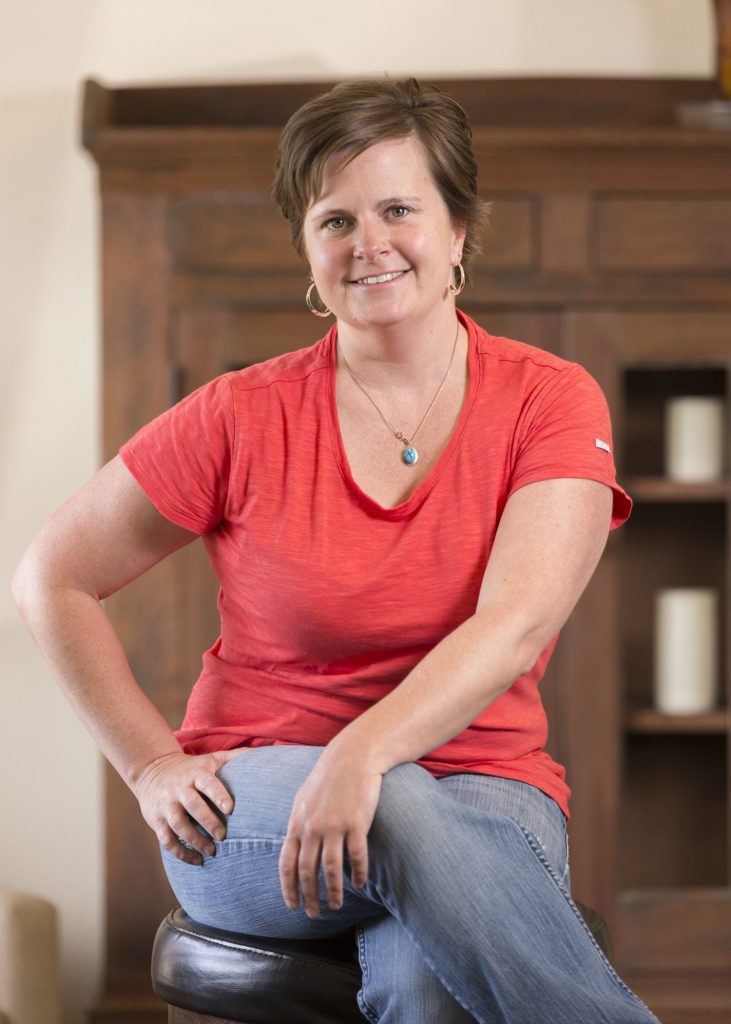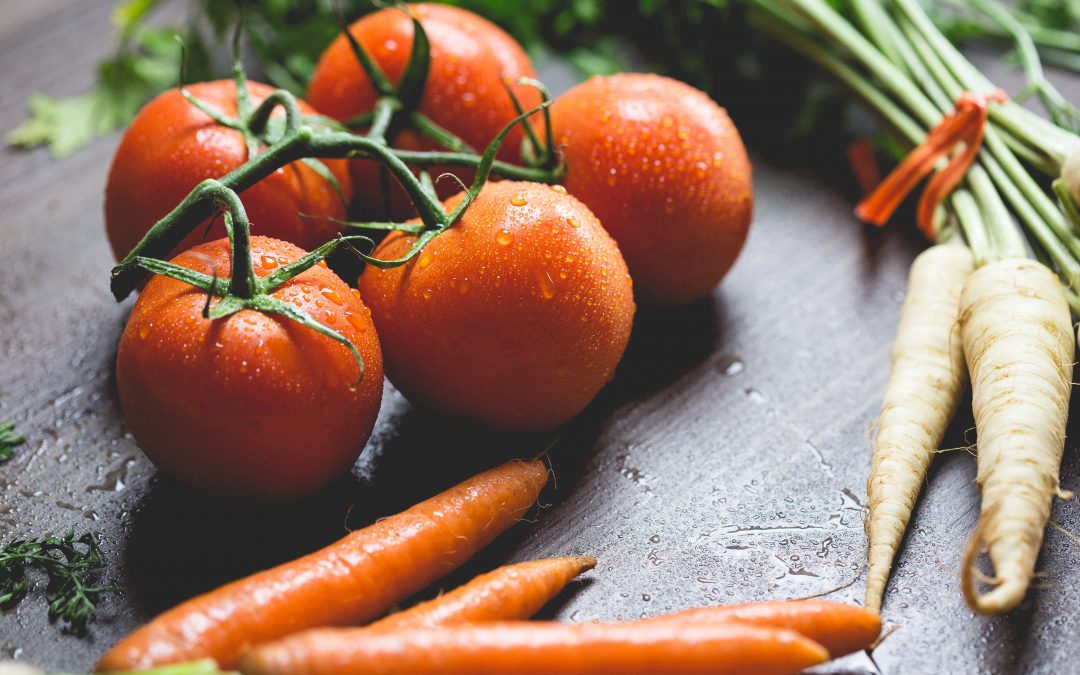
This post is brought you by RanDee Anshutz, RDN, LMT founder of Synergy Health and Wellness in Bend, Oregon. We are thankful and proud to have RanDee as a valuable provider and resource for the Central Oregon community and the extended Alpine Physical Therapy family.
Our nation, and world, is rapidly changing gears in response to this new virus and anxieties are running high
with many folks. This is, understandably, giving rise to the burning desire to take control of our own health and
find a way to beat the odds. Nutrition is one of the more common avenues that we are compelled to pursue; as
a Registered Dietitian Nutritionist this is speaking my language, so I’m happy to share some thoughts.
Here’s what we know:
This is a new virus so there is no immunity to it. This means that if we contract the virus we will become
infected. We also know that it impacts folks with differing levels of severity so some of us may be
symptom-free silent carriers while others become quite ill. Physical distancing is currently the safest way to
stay “immune” to the virus, meaning avoiding exposure if possible. In regards to our health behaviors and
some of what we can do, we can take some steps to support our body so that, if infected, we may be able to
recover sooner. It’s important that we don’t evangelize this or use this to minimize the impacts of chronic
health conditions, health care disparities, or social determinants of health—but rather, these are habits that we
can all benefit from if they are available to us:
Hydration: The (adult) human body is made up of about 70% water. It’s a good idea to maintain this balance!
Hydrated, supple cells and tissues may be able to function better and therefore heal better. Hydrating fluids
include water , herbal teas, calcium-containing beverages, and juices. Alcohol and excess caffeine intakes
dehydrate our body so should be avoided, limited, or at minimum countered ounce-per-ounce with water.
We’ll address some specific micronutrients (vitamins, minerals, pre-and-probiotics) later in this article. Know
that adequate nutrition is more important than specific nutrients. Again, now is an anxiety-fueled time when we
may find ourselves seeking that one nutrient that will boost our immunity and makes us immortal. There isn’t
one. Nutritional adequacy and balance is more important right now, and something that we may not all have
access to. Thinking about physical distancing and stay at home orders, we may find ourselves stocking up on
more non-perishables so that our trip to the grocery store is only every couple of weeks vs. weekly or more
often. That makes perfect sense! Know that frozen and canned fruits and vegetables (frozen in particular) are
a nutrient-dense option that can fit perfectly into our dietary choices. I have yet to meet anyone w/ a health
condition because they ate too many canned vegetables—on the contrary, it may be related to not having
access to, or eating, any vegetables. So, purchase some frozen, canned, and fresh produce when you can
and fold it into your daily intakes.
Know that if you find yourself eating differently than usual right now, in response to stress or worry, that is
perfectly normal and fine. Food is a common coping tool and strategy. Make an attempt to add other coping
tools in as well, so that we feel a semblance of balance. Eat foods which nourish our cells AND nurture our souls. Folding in produce, whole grains (think wheat bread, whole wheat pasta, other ancient grains and brown rice), and protein foods
(fish, nuts, meats, eggs, dairy, and soy products) whenever able will complement our body’s immune system
and overall health.
Now, by popular demand, some specific immune-related nutrients and food sources:
Vitamin A: beef liver, fortified cereal, eggs, butter, fortified milk, sweet potatoes, pumpkins, carrots,
cantaloupes, mangos, spinach, broccoli, kale, collards, butternut squash
Vitamin C: Chili peppers, sweet peppers, guavas, kiwifruits, strawberries, oranges, kale, spinach, broccoli,
grapefruit, potatoes, tomatoes (Linus Pauling Institute has long-studied high doses of vitamin C and immunity.
They are currently engaged in research on oral and IV vitamin C use and immunity to respiratory illness
however state that there is not currently sufficient evidence to support higher doses)
Vitamin D: fish (especially salmon, tuna, herring, sardines, and mackerel), eggs, fortified soy milk, fortified
orange juice, fortified milk, fortified cereal, sunlight
Zinc: Oysters, beef, crab meat, dark-meat chicken and turkey, pork, yogurt, milk, cashews, chickpeas,
almonds, peanuts, cheese
Prebiotics: These foods feed our gut bacteria to keep them healthy and strong. Think fibers–fruits,
vegetables, beans, whole grains.
Probiotics: These foods help replenish the bacteria in our gut. Yogurt and kefir (Nancy’s) have the highest
amounts, with sauerkraut, miso, kimchi and tempeh offering some beneficial bacteria.
Vitamins and minerals are best digested, absorbed, and utilized by the body when they are eaten as food
rather than supplements. Supplemental vitamin use can be an adjunct to dietary intakes if needed.
For support with understanding needed quantities for your individual health status, age, gender, or geography,
consult a Registered Dietitian Nutritionist.
It’s important to recognize the privilege in access to a variety of these nutritious foods, and therefore not
preach or judge food choices and intakes of others. If you can access a wide variety of foods and the means
and methods to prepare them—fantastic! Use this as an opportunity to give thanks, and consider ways in
which you may be able to contribute to those in the community who are not as privileged. We’re all in this life
together, and this disaster may be a stark and much-needed reminder of our interdependence.

RanDee Anshutz, RDN, LMT is a registered and licensed dietitian, licensed massage therapist, and Certified
Body Trust® provider. She is the founder of Synergy Health and Wellness in Bend, Oregon. Her team helps
people improve relationship with food and body. You can follow her on facebook and instagram @synergybend and www.Synergyhealthbend.com
